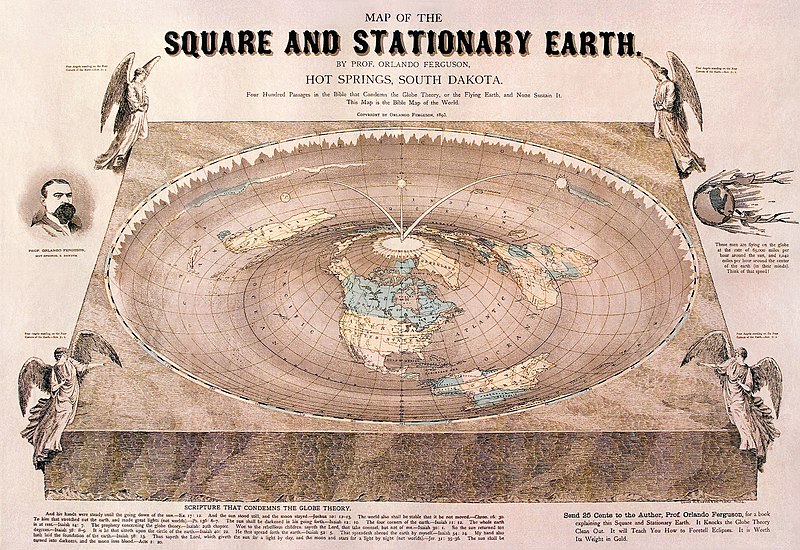The Fort Collins group — mostly white and mostly male, college-age to septuagenarian — touts itself as the first community of Flat Earthers in the United States. Sister groups have since spawned in Boston, New York, Houston, Philadelphia, Phoenix and Chicago.Before I knew it I was watching one of their youtube videos. I'll just leave out the substance of their bizarre belief for now. Something else piqued my interest. The video was - as one might imagine - very conscious of the fact that what was being said sounded crazy. And so special attention was given to the notion of civil discourse. You can only imagine how much ridicule these people must face.
“Believe me, there’s only humiliation in this. We do it because we believe it.”
But this stood out to me as a very good point.
I find the notion of a flat Earth ridiculous and disturbing on many levels. But there is no reason I can't also be respectful and kind to people I disagree with. We can never be reminded enough to lead with love. If I've learned anything in the last decade or so of the internet age, it is that changing people's minds is nearly impossible, and that nothing good ever comes from being disrespectful or ungracious.
I've come to be very hesitant in engaging in argument online because I only seem to be the worse for it. When someone types something I find insulting or needlessly offensive towards me or my ideas, my emotions rise. I can either choose to respond, hopefully alleviating the discomfort by delivering a well-placed rejoinder. What sort of relief, I'm not sure. Maybe it is that my words will stand as a corrective, showing the individual and the world that they were wrong and I was right - worthy, respectable, smart, etc. after all. My identity, my pride, was restored. However, this is rarely the case.
The conversation - limited in expression by the nature of the online, text-based format - more often becomes even more heated. My sense of offense increases. And of course, during the time in which I have typed my reply and the response appears (sometimes, minutes, sometimes hours, sometimes days) my discomfort lingers. It gnaws at me. I'm personally offended. I'm offended for my fellow thinkers. I'm offended for the world. This feeling is the product of what people often describe on the internet as toxic.
So what is really the point, then? What are we doing, hammering away at our keyboards?
The New York Times has a great feature in its comments section. You are able to sort the comments into "readers' picks", or "Times Picks". The former distinguished by number of upvotes a comment receives, the latter by having been chosen as interesting by Times staff. I find myself often times spending as much time exploring the comments as the piece itself. The comments give a quick-take on what average readers think of the subject - what stood out to them, what they agree or disagree with. They sometimes share an anecdote that confirms a perspective in the piece. Or they might add a perspective that was missing. The number of votes a comment receives telegraphs how much the point resonates with the public. There is a reply feature, however the design of the comments doesn't really provide for any real back-and forth.
And I'm fine with that. There is a special kind of person that enjoys internet bickering. In theory, the formation of thoughts, the civil exchange and mutual quest for knowledge is a good thing. But it is so rare. The anonymity of the internet, even just the constrained nature of the written word, makes friendly, compassionate dialogue difficult. Tone is lost. Nuanced inflection is gone. Uptilted, winking, eyes-rolled, wincing, knowing smirks - all of the saucy, spicy bits in human communication are lost. In the real world (the "meat world", I've recently heard it put, which I think is brilliant), this is all quickly and deftly added to language as spoken. Great writers can capture this spirit, but only with difficulty and great labor. Children learn it before they learn to speak.
So, hamfisted internet commentariate, let that be a thought for thee: no matter the brilliance and depth of your thought, before you click "submit" on that comment, remember that even a 2 year old likely has you beat in nuance of delivery. Something even a Flat-Earther can teach us.

No comments:
Post a Comment